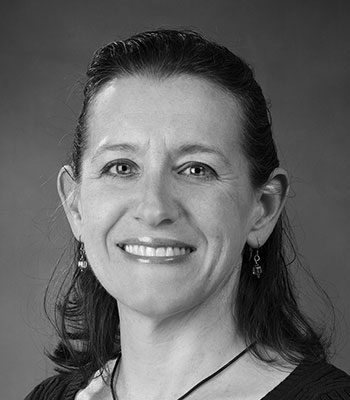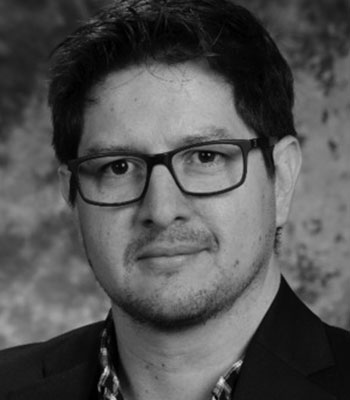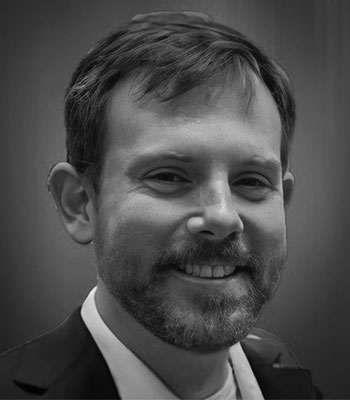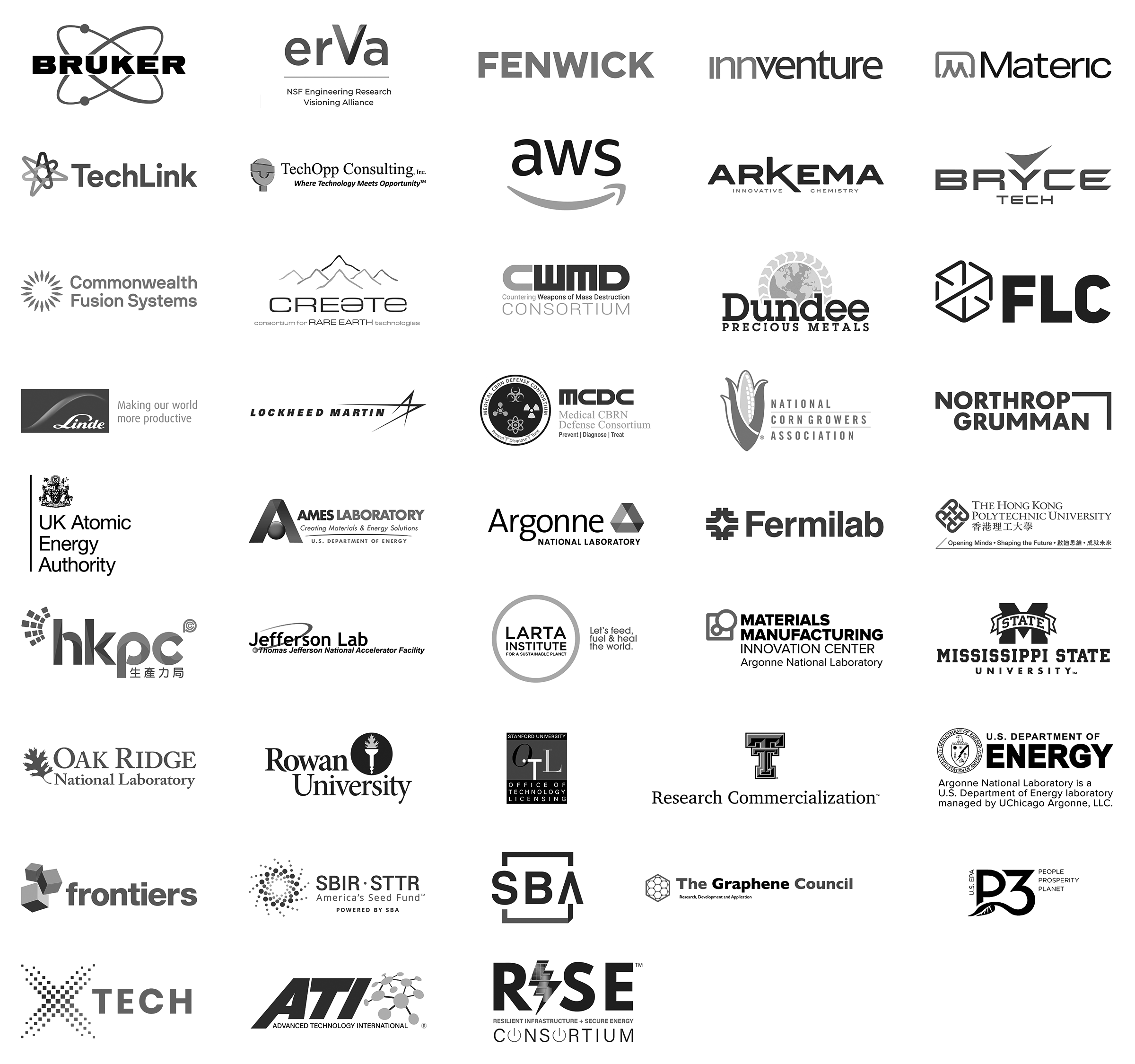Industrial Decarbonization: Manufacturing a Green Future
Symposium Co-Chairs
Key Speakers
 DOE Overview of Industrial Efficiency and Decarbonization Research, Development, and Demonstration
DOE Overview of Industrial Efficiency and Decarbonization Research, Development, and DemonstrationAvi Shultz
Deputy Director, U.S. Department of Energy | Energy Efficiency & Renewable Energy, Industrial Efficiency & Decarbonization Office
 On the role and value of BECCS in deep decarbonisation scenarios
On the role and value of BECCS in deep decarbonisation scenariosNiall MacDowell
Professor, Imperial College London, United Kingdom
 Renewable Methanol Conversion to Lower Emissions Fuels
Renewable Methanol Conversion to Lower Emissions FuelsLei Zhang
Distinguished Research Associate, ExxonMobil
 Current and near-future decarbonization options for steelmaking
Current and near-future decarbonization options for steelmakingChris Pistorius
Professor, Carnegie Mellon University
 Decarbonizing Industrial Processes Utilizing Concentrating Solar Thermal Input
Decarbonizing Industrial Processes Utilizing Concentrating Solar Thermal InputAndrea Ambrosini
Principal Member of the Technical Staff, Sandia National Laboratories
 Technology Enabling Low Carbon Intensity Hydrogen Production and Use
Technology Enabling Low Carbon Intensity Hydrogen Production and UseJason McMullan
Hydrogen Technology Integrator, ExxonMobil
 Techno-economic assessments of fuels or electricity production from biomass with CO2 capture
Techno-economic assessments of fuels or electricity production from biomass with CO2 captureEric Larson
Senior Engineer, Princeton University
 Algae for Carbon Capture and Wastewater Treatment
Algae for Carbon Capture and Wastewater TreatmentJuergen Polle
Scientific Advisor, MicroBio Engineering
Global anthropogenic carbon dioxide equivalent (CO2eq) emissions have reached alarming concentrations that accelerate threats to our planet and human society, including climate change. These CO2eq emissions remain increasing in the most recent inventories. More importantly, most pessimistic scenarios project that we will exceed greenhouse gas (GHG) emissions at levels that can constrain our ability to reverse the global warming effects if we do not decarbonize the economy through sustainable technologies. United States emissions inventories estimate that industrial processes contribute nearly a quarter of GHG emissions and are higher worldwide. Therefore, this Industrial Decarbonization Symposium will consider applied research and early-stage innovations from universities, labs, and startups in the following topics and application areas in response to these climate and security needs.
- Low GHG feedstocks and chemical processes
- Hydrogen production processes
- Low GHG heat and electricity sources
- Electrical energy storage and application to industrial processes
- Carbon capture and storage from industrial point sources, including bioenergy with CCS (BECCS)
- Case studies: Iron and steel, Chemicals & plastics, Cement, Aluminum, and Refining
- Other
To receive announcements and news, please join our mailing list.





 Welcome to the Post Pollution Future with LanzaTech
Welcome to the Post Pollution Future with LanzaTech










